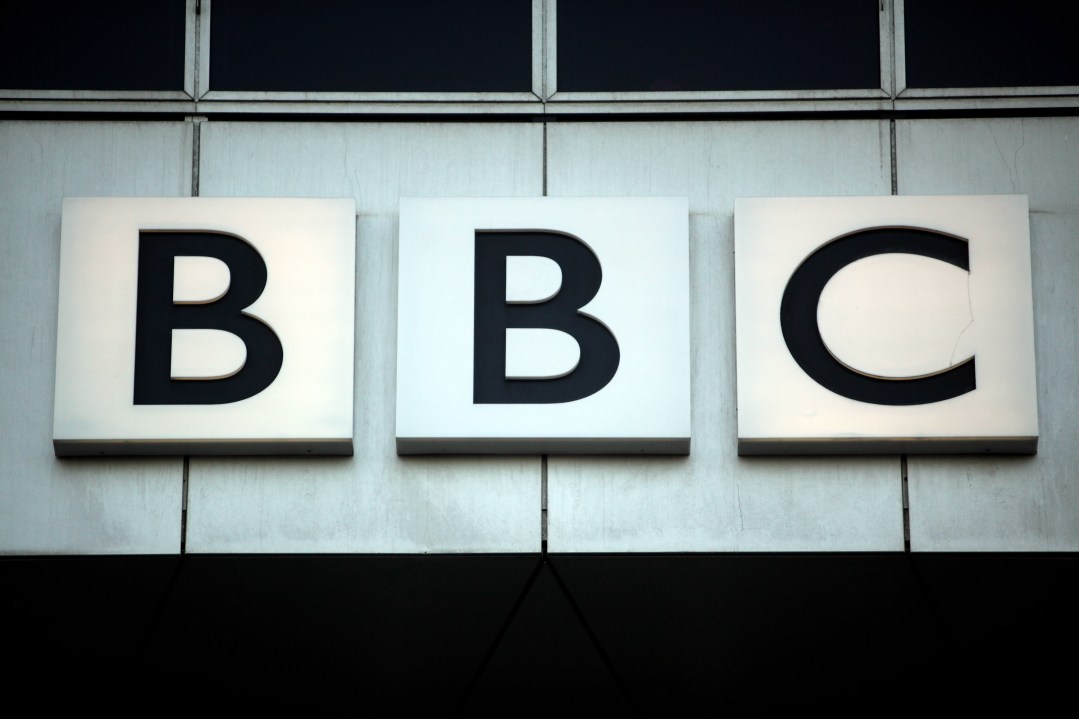 What is that quote at the end of King Lear? I think it is something like
“the wheel has come full circle”. I felt a sense of that wheel with the announcement by Mr Miliband yesterday that the BBC should be democratised and become some sort of mutual
co-operative.
What is that quote at the end of King Lear? I think it is something like
“the wheel has come full circle”. I felt a sense of that wheel with the announcement by Mr Miliband yesterday that the BBC should be democratised and become some sort of mutual
co-operative.
I have been campaigning for democratisation of the BBC licence fee for a while now, first writing about it on ConservativeHome in 2008 and most recently tabling an Early Day Motion, only a couple of weeks ago.
Inevitably a few brickbats were thrown. My idea was loftily dismissed when I suggested it to BBC staff and Danny Finkelstein called it the “worst idea he had ever heard”, after I had dared to propose that licence fee payers should have had the chance to vote on whether Nick Griffin should appear on Question Time.
I am not saying get rid of the licence fee. In fact I am not ashamed to admit that I like much of what the BBC produces, and even think her innate left-wing bias is healthy for Conservatives, as it means that ‘the right’ have to be that much better and sharper when presenting their case on BBC programmes.
But, my central point has always been this: why is it that those who go to such lengths to defend the licence fee, are so opposed to some form of democracy? Why are the BBC hierarchy so against to having some form of genuine input from licence fee payers? Everyone knows that current so-called consultations are a sham, with most decisions having been decided well in advance.
Mr Miliband says – in a variant of my idea – that the BBC should become some sort of co-operative. I have no objections to this in principle, except that it still might result in the ‘great and the good’ making all the decisions. The best way to ensure real democratic control of the BBC is to allow licence fee payers, at individual level to make the key decisions. This means that they would elect the board and Chairman of the BBC, agree the annual Report and have some say over programme making and payment of salaries. It would be similar to shareholders having the ability to hire and fire their board – with one main difference: every licence fee payer would hold just one share, and one vote. Licence fee payers would vote via the Internet with a special PIN number, keeping administration costs low.
The BBC cannot continue in the way of a 1970s kleptocracy. Auntie pays out huge salaries to executives and celebrities alike. Her bureaucracy grows exponentially. Her undemocratic licence fee has become an anachronism in the days of multi-channel satellite television. If the BBC really does depend on the licence fee for its survival, then there must be some real checks and balances. What better way than giving licence fee payers a vote?
Robert Halfon is MP for Harlow





Comments